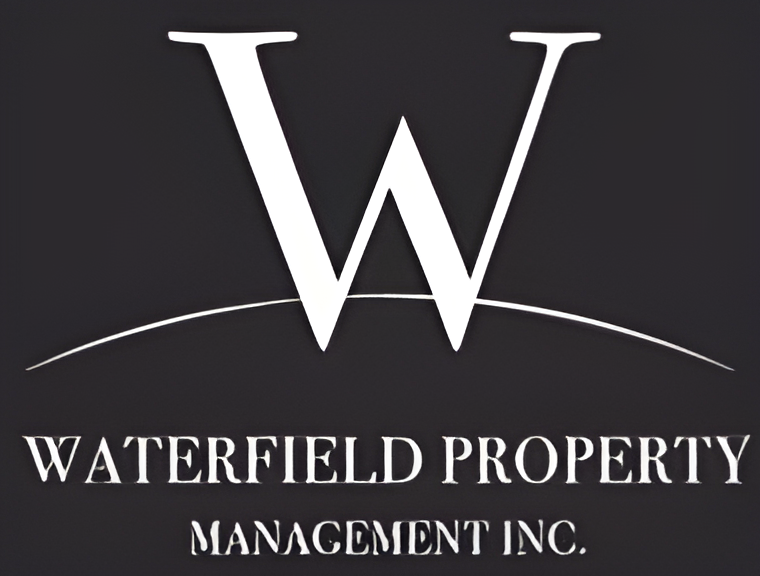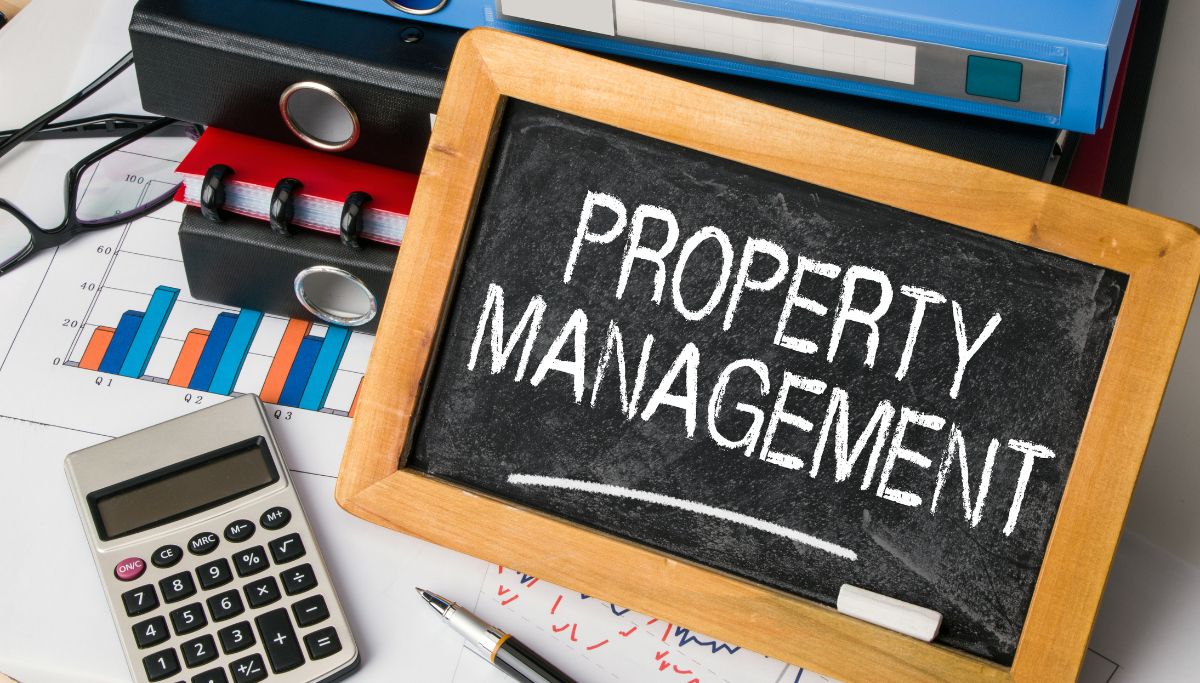Property management, the operation, oversight, and control of real estate, is a rapidly evolving field. From digitization to the rise of remote work and sustainable living, here are five property management trends that are shaping the industry in 2023.
1. Proptech Revolution
Proptech, or property technology, is transforming the property management landscape. Property managers are leveraging artificial intelligence (AI) and machine learning (ML) to automate repetitive tasks, reduce errors, and improve decision-making. Smart contracts powered by blockchain technology are making transactions more secure and transparent, reducing the risk of fraud.
Property managers are also using IoT (Internet of Things) devices to monitor buildings and equipment, reducing maintenance costs and improving safety. In addition, virtual reality (VR) and augmented reality (AR) are revolutionizing property tours, enabling potential tenants to explore properties from the comfort of their homes.
2. Rise of Remote Work
The COVID-19 pandemic has accelerated the shift towards remote work, changing the needs of residential and commercial tenants. With more people working from home, there’s an increased demand for properties with dedicated workspaces and high-speed internet. Property managers are adapting to this trend by offering home office setups and amenities like co-working spaces within residential complexes.
On the commercial front, businesses are downsizing their physical offices and exploring flexible leasing options. Property managers are responding by offering flexible leases and transforming traditional office spaces into hybrid workspaces, which can be used for both in-person and remote work.
3. Sustainable Living
As climate change intensifies, there’s a growing demand for sustainable and energy-efficient properties. Property managers are integrating green technology like solar panels, energy-efficient appliances, and smart thermostats to reduce a building’s environmental impact. They’re also implementing waste reduction programs and promoting sustainable practices among tenants.
In addition, green certifications like LEED (Leadership in Energy and Environmental Design) are becoming a significant factor in property valuation. Property managers who invest in sustainability can attract eco-conscious tenants and achieve higher rents and property values.
4. Tenant Experience
Tenant experience is becoming a key differentiator in the property management industry. Property managers are focusing on improving communication, providing seamless digital experiences, and personalizing services to improve tenant satisfaction and retention.
For instance, property managers are using apps to facilitate communication and service requests. These apps can notify tenants about maintenance updates, allow them to pay rent and fees, and provide a platform for community interaction.
5. Data-Driven Decision Making
Property managers are leveraging big data and predictive analytics to make more informed decisions. They’re using data to understand market trends, assess property values, and optimize pricing. They’re also using analytics to predict maintenance needs, reduce costs, and improve building performance.
Furthermore, data is helping property managers understand tenant behavior and preferences, enabling them to offer personalized services and improve tenant satisfaction.
Conclusion
These trends reflect a broader shift in the property management industry towards digitization, sustainability, and tenant-centric services. While these trends present new opportunities, they also pose challenges. Property managers need to keep up with technological advancements, adapt to changing tenant needs, and balance sustainability and profitability. However, those who successfully navigate these trends stand to gain a competitive edge in the increasingly sophisticated property management industry.



